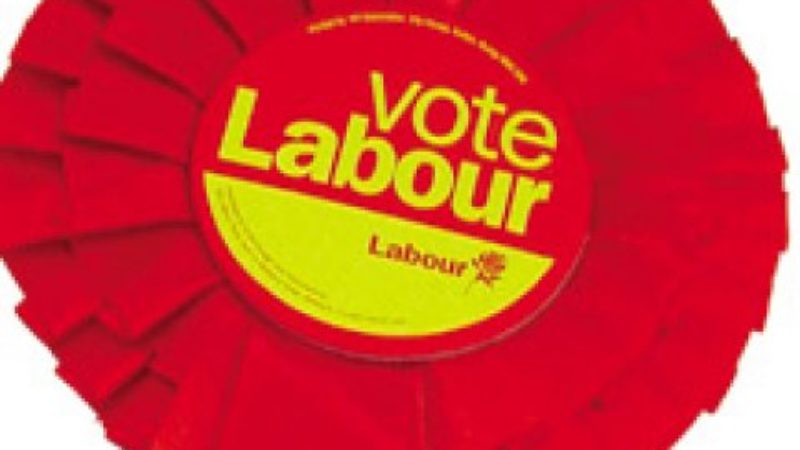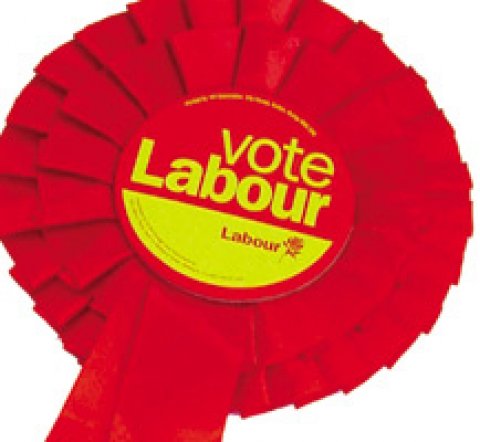

1) Labour may not be doing brilliantly but a month ago we would have given our right arms to be in the more stable position we are in now, with a small improvement in our poll position and our internal jitters a lot calmer. The new more decisive mode of operation is to be welcomed, but I think there is still room to make a bigger and bolder offer to the voters. We are asking them to make a big step – changing the government for only the third time in 40 years, so we need to make it clear that the changes involved will benefit their lives enough to justify the risk.
2) The nightmare the Lib Dems brought on themselves by deciding to prop up a right wing austerity government when they had run as a party to Labour’s left is not going away, however much choreographed friction there is between them and the Tories. In fact, their tiny rump support, vying with the Greens to avoid 4th place, is the softest of any of the parties’. According to yesterday’s Ashcroft poll only 33% of the 8% of voters who are currently Lib Dem say they will definitely back the party in May. The slow bounce back predicted hasn’t happened, instead ex-Lib Dems have gone to the Greens, suggesting the party’s betrayal may have had a permanent impact on their popularity.
3) The Tories have played one of their set piece trump cards with the Autumn Statement, which included some clever manoeuvring on Stamp Tax. But it hasn’t worked. They are still in the electoral doldrums on a vote share below the dismal results William Hague and Michael Howard got in 2001 and 2005. Two reasons for this:
a) Austerity isn’t popular. The people who like it are voting Tory and no one else is. They just announced cuts proposals for the next five years which take it further into spending areas voters care about, like their local parks and libraries.
b) Like the Lib Dems, the Tories are paying a price for making impossible promises then reneging on them. For three elections in a row they upped the rhetoric on immigration and the European Union. In neither case have they been able to do anything radical so voters have drifted off to UKIP feeling yet again that politicians were not honest with them, and in search of the populist red meat the Tories pretended was available.
4) The SNP have a serious hubris problem, acting like they won the referendum, then with Alex Salmond’s five second retirement, decision to return (voters of the heavily No to independence Gordon constituency permitting) and muttering about the conditions he would put on entering a coalition. We should tell them now where to stick their conditions and that we have one condition, which is no party which seeks to break up the UK can serve in a UK government as they don’t have the whole country’s interests at heart. If, heaven forbid, the SNP held the balance of power after May, we should try to form a minority government and they can choose to vote for us on an issue by issue basis or force us out of office if they want to, but there is no way we should let Salmond or any of his colleagues hold ministerial office. Incidentally, without underplaying the SNP threat, the latest data suggests a 3% SNP lead over a Scottish Labour Party currently with no leader, a far cry from the huge margin immediately after the referendum.
5) There seems still to be some positioning and briefing in Labour ranks about who might take over from Ed if we lost the General Election. My message to leadership wannabes is:
a) The stakes in the General Election are too high to waste any energy positioning for what might happen after a defeat rather than working for a Labour victory. When I say they are high, I mean for the British people, who will suffer appalling cuts to public services if we don’t win and thence fundamental and detrimental changes to the way society works; for the Labour Party, which may not deal with a second successive defeat as maturely as it did a first (I.e. If you win after a 2015 defeat you get to replay Kinnock not Blair), and may be facing a choice between being a one term opposition and a four term one; and for Britain which might face decisions about the EU under a Tory government committed to a referendum that destroy our economy and our status in the world.
b) it’s better to be parliamentary under-secretary for paperclips in a Labour government than leader of a Labour opposition.
c) whenever there is next a vacancy many members will remember who was really focused on winning the General Election and who was focused on their career, and vote accordingly.




More from LabourList
Almost half of Labour members oppose plans to restrict jury trials, poll finds
‘How Labour can finally fix Britain’s 5G problem’
‘The University of the Air – celebrating 60 years of Harold Wilson and Jennie Lee’s vision’